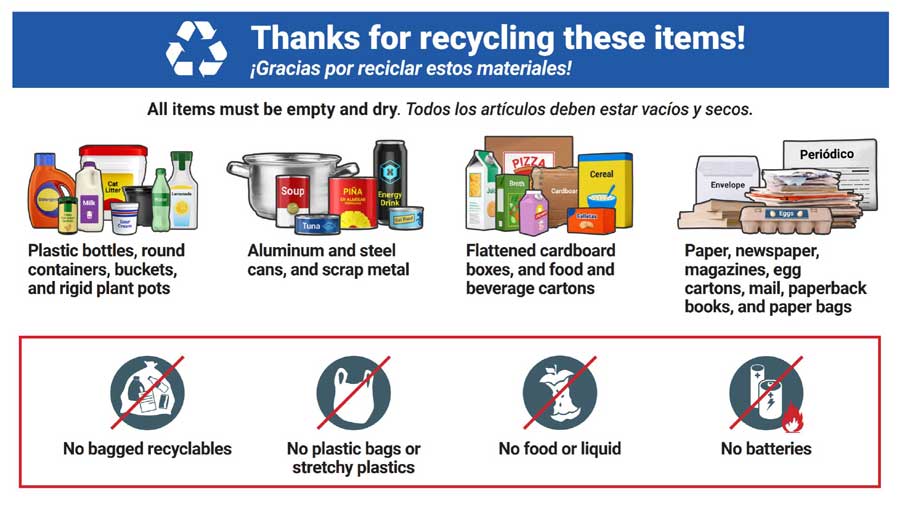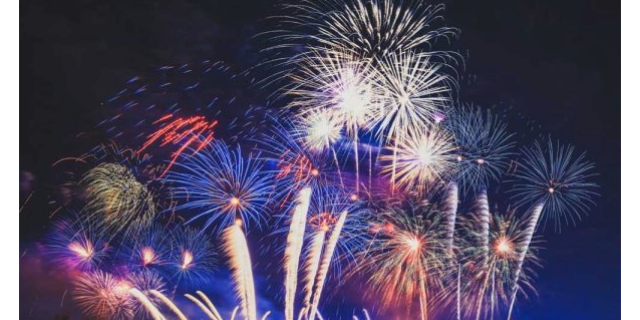GUEST COLUMN: Changing the Valley’s racial narrative
Published 5:00 am Saturday, March 2, 2024

- Guest Column logo
Conversations about race in America can be hard, but they don’t have to be. People of all races often avoid discourse on topics and issues with which they are unfamiliar or have relatively little knowledge and experience.
Ironically, race is a societal invention by White Americans who are revered in history books today by young people, and adults who lack an informed understanding of racial dynamics across the societal structures we inherited.
I believe the Rogue Valley could be a catalyst for changing such a destructive dynamic and become a model for the nation.
My wife and I are a biracial couple raising our children in this Valley, where we have lived for 20 years. After numerous sincere inquiries about how we teach our kids about race in a region where we are a tiny minority of the population, we created a workshop: “How to Talk to Kids About Race in America.”
That small workshop was launched in 2019 at the charter school Kids Unlimited in Medford. It has since grown into a trademarked “Conversations Journey” process that we offer to organizational and institutional clients across the state and nation.
As a Black man living in this region, the subject of race is unavoidable. But it remains a discomforting issue for most White people I encounter. Ironically, there are publicly blatant racial messages throughout this Valley to which most White people appear oblivious. To me, they stand out like beacons and sirens, signaling the ideology of white supremacy, which rules this region.
Of course, the Rogue Valley isn’t distinct in that regard. But there isn’t enough understanding of how race has shaped America’s institutions of power, wealth and influence being taught in our K-12 schools and higher education institutions here or anywhere in the nation.
Our laws, systems, public policies and private sector practices are rooted in racial hierarchy (valuing and devaluing humans by the mythological construct of race). We inherited these conditions. Without an informed awareness of the society we inherited, we are destined to sustain the status quo and pass it on to future generations.
Unfortunately, this void in our educational infrastructure has produced generations of adults of all races with an inability to comfortably discuss one of the most important issues we all continue to face as a nation. Generations of children grow into adults lacking sufficient knowledge about the singular most important issue that shaped the state of Oregon and continues to have widespread impact today.
That’s the core problem: Avoidance.
From the American Revolution (1775) and the Civil War (1861) to the “Negro Revolution” (1963) led by Dr. Martin Luther King Jr., race has been, and remains, a pivotal factor. The quintessential question every state had to answer when joining the Union was what to do with Black people.
Each state’s response characterized it as either “slave” or “slave free.” This nation began with eight slave states and five free. But, no Black person, whether slave or free, was considered an American citizen of the whole United States. The Supreme Court in 1857 explicitly declared this was a White America.
In 1859, Oregon joined the Union as a “slave free” state because it did not want Black people living here, whether enslaved or free. That was explicit in Oregon’s state constitution. And who enforced the laws?
The kneejerk reaction is to suggest that I’m living in the past. Things have changed. Any critical inquiry along a historical timeline of evidence will reveal a lack of understanding of how unresolved issues around race remain a critical flashpoint in our society.
Our “Conversations Journey” process can be part of a transformative solution in the Rogue Valley. Our region can become a national model for building a common ground of paradigm-shifting new knowledge and understanding of racial dynamics in society today through an informed and empathetic lens of historical context.










